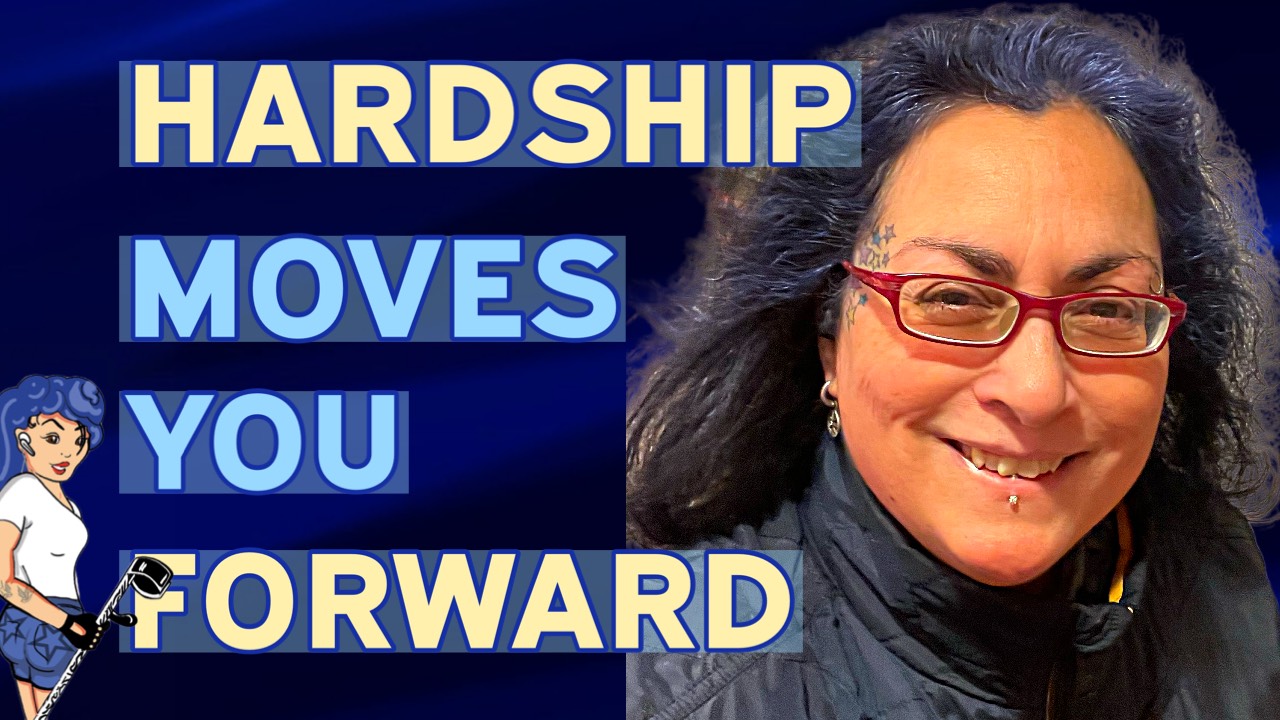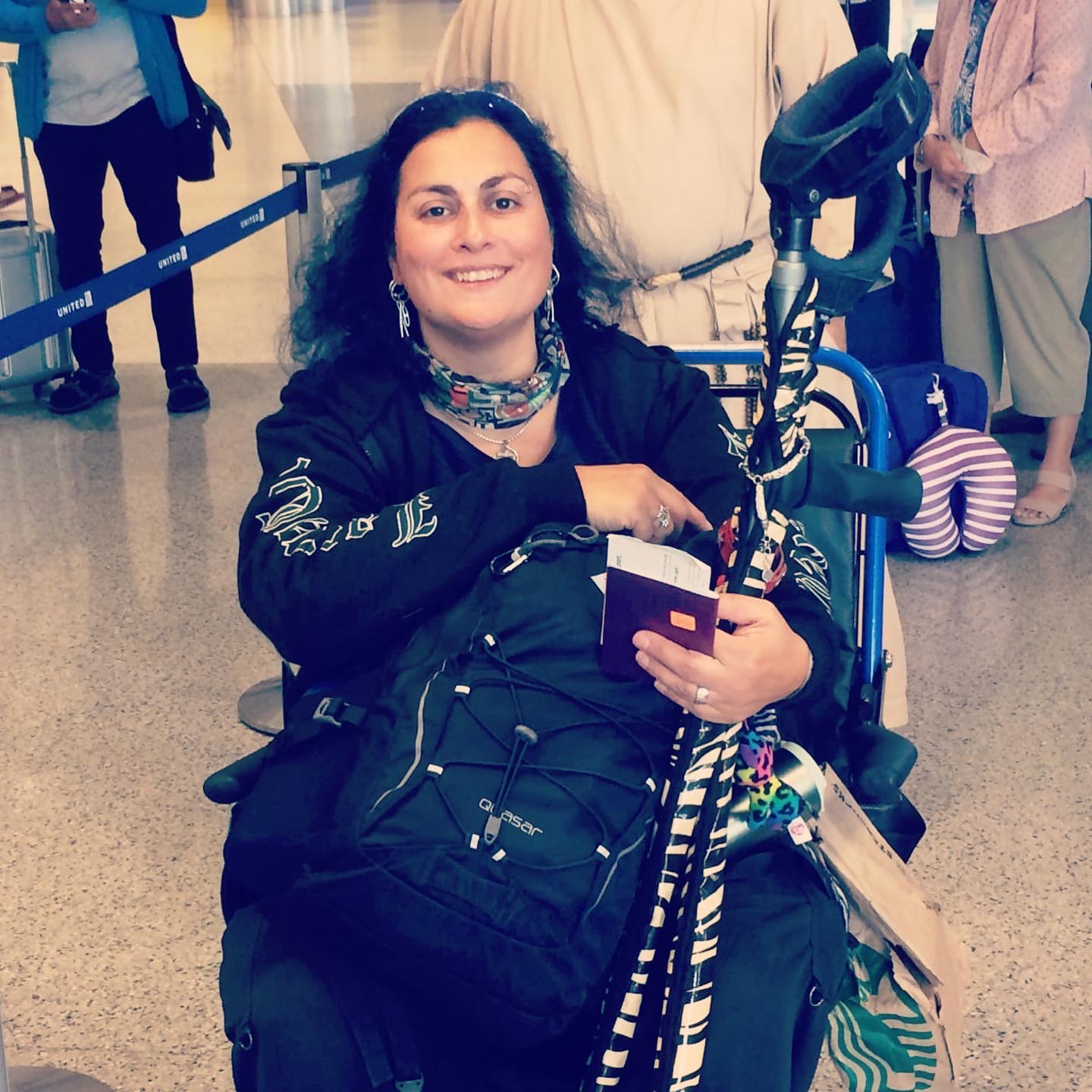
How Hardship Can Teach You to Keep on Going
Have you ever considered that you can push through pain and hardship to achieve that next level, without overstepping your own limitations? If you want to know how, keep on reading.
Pushing Through as a Norm
Earlier today, I was listening to a post from Brendon Burchard. He’s got these daily fires, and today’s was about whether or not we are stepping up to the plate, or if we’re making excuses. That made me wonder: Am I underperforming?
Thinking about it, I realized that I am someone who takes every opportunity to work on something. Especially when there’s support available and a sense of urgency, you’ll find me behind my phone, iPad, or notebook, working on something. Why? There are a number of reasons, related to your attitude in life and towards work. Let’s take a closer look:
1) The Brain Knows
When we make commitments, the brain is aware of this too. Depending on our actions, it will either support us or work against us. If we are sloppy and come up with excuses, it will stop supporting us, because it won’t believe us anymore. We can still tell ourselves we will, but how likely is this if we don’t take actions?
One way to help yourself get started again is by taking one action, no matter how small. Find something that is really important to you, set an alarm, and commit to one simple action for max five minutes. It could be something like writing half a page, reading three paragraphs, walking around the block, or writing one email you’ve been postponing.
What is one small action you can commit to and start with right now?
2) Your Upbringing Can Make All the Difference
My parents were teens during WWII. They were used to working hard, being disciplined to keep on going, and learning. So were we. We had to come home with good grades, and if we wanted anything for ourselves, it meant working for it. Combine that with having the Dutch mentality, and you know I’m a no-nonsense kind of girl.
How have you been raised? Was everything already available, or did you have to work for every little thing?
Now that you have become a role model for others, what do you want to represent for them? More importantly, what do you wish for yourself? What are you willing to do for yourself, right now?
3) The Power of Daydreaming
When I grew up, I had to deal with a lot of bullying. I’ve got black hair and dark brown eyes, and back in the seventies and eighties, people weren’t used to seeing people like me. In the nineties, this slowly started to change. On top of this, I am neurodivergent, so some things that others understand straight away, I miss—and vice versa. I may notice things long before others do.
Not being understood and being bullied as early as kindergarten led me to retreat into my own fantasy world. I focused on what I was good at: writing, drawing, and school. This was freedom to me—a place where I could express myself fully and feel safe.
Did you know that people often pick on others just because they are different and there’s a disconnect? Did you also know that bullying is often a form of retaliation, especially when someone feels like the underdog themselves?
What were you dreaming about growing up? What are you dreaming about as an adult? What would you like to manifest for yourself starting today, on a daily basis?
4) The Need for Freedom
About a decade ago, from one moment to the next, I wasn’t able to stand on two feet anymore, ride a bike, or even walk. I needed crutches, and during the decade that followed, I had to completely reinvent myself.
But here’s the thing: not being able to stand on two feet didn’t suddenly make me want to do less. I still wanted to go to concerts, travel, and chase my dreams. From early on, I decided that no matter what happened, I wasn’t going to let this stop me from going after my goals.
What represents freedom for you? What are you willing to do to acquire that level of freedom starting right now?
Limits and Boundaries
1) Limitations
In order to maintain my freedom, I had to learn how to navigate my physical limitations. Over time, I adapted—starting without support, moving to crutches, then braces, and now using a mix of extreme customized braces, crutches, or sometimes nothing at all. This evolution has allowed me to experience freedom and travel the world, though it does require occasional support from others, especially when traveling without my car.
What kind of limitations do you experience in life? Do you believe there’s room to improve your situation, perhaps even reduce or fully lift some of those limitations? And what would happen if you honored what you can handle more consistently, instead of pushing beyond your limits or ignoring them?
2) Boundaries
People who see me nowadays often compliment me on my walking. I cannot walk quickly, but at least I can walk—even if it’s just short distances. To go places, I need to think about every move I make in advance: How am I feeling? What are my limitations today? What can I expect? What will I take with me?
This also means I have to prepare others, whether because I need support or because we’re doing something together and I can only do so much. I have to explain what I can do and what that means for them if they’re in my company.
Did you know that what might be necessary for some of us can make others feel instantly embarrassed? That’s why, at times, I really need to stand my ground and not give in.
What kind of situations require you to set boundaries? In which situations do you need to learn to set better boundaries, and when will you start doing so?
3) Inspiring Others Because of or Despite My Limitations
In the years I’ve been traveling abroad, I’ve often been told by people—especially those helping me at airports—that I’m an inspiration to them. I love making people smile, having fun, and embracing new adventures. Whether I’m walking (and focusing on myself), being pushed in a wheelchair (which often becomes a reason to laugh and connect), or using my braces or crutches, I’ve learned to find joy in the journey.
 Did you know the main reason others consider me an inspiration is because they don’t dare to push through? What I’ve noticed is that many people don’t know how—or don’t dare—to go all in. And when they finally do, they often go into overdrive. It’s not about extremes, it’s about finding that middle ground where you can thrive.
Did you know the main reason others consider me an inspiration is because they don’t dare to push through? What I’ve noticed is that many people don’t know how—or don’t dare—to go all in. And when they finally do, they often go into overdrive. It’s not about extremes, it’s about finding that middle ground where you can thrive.
How do you inspire others as a leader and a role model? If you had a magic wand, how would you start to inspire people right this instant?
4) It’s All About Balance
As human beings, we crave freedom. But here’s the thing—we’re not always aware of how to achieve it, and even when we are, we’re not always willing to do the work it requires. What if we could learn to apply balance in our lives? What if we committed to it?
Whether you’re a leader, a role model, or simply the one in charge of your own life and happiness (and I hope you are the latter), balance is about choosing what’s right for you—and for others—over and over again. It’s a practice, not a one-time decision.
How can you create more balance for yourself, in an area that’s been overdue for attention, starting right now?
Some Last Words
If you’d like a handout with more questions to reflect on, please leave a comment. Let’s keep this conversation going, because your journey matters.
Remember: you’re stronger than you think. The world needs your leadership, your courage, and your vision. Let’s make it happen!
The next level of your life is waiting for you. Let’s go!
Lady Lexy
SUBSCRIBE FOR STORIES FROM THE VAULT
Want to know what is going behind the videos and posts? Check out my blog posts and get informed when there are new ones available from the Vault.
We hate SPAM. We will never sell your information, for any reason.

